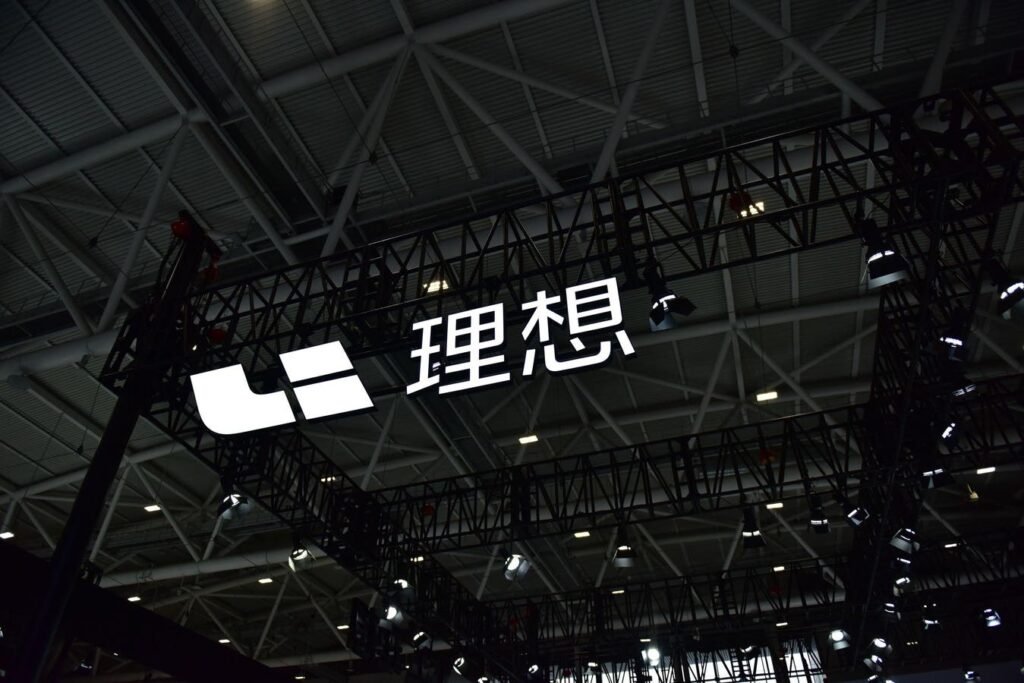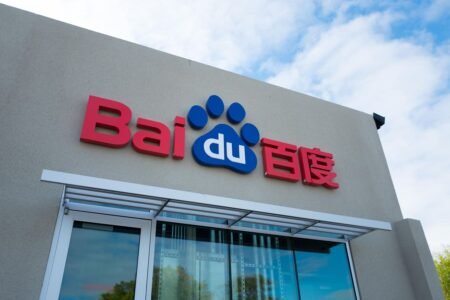Chinese luxury electric vehicle maker Li Auto has seen a sharp decline in its stock, dropping about 45% year-to-date. This is in comparison to rival Xpeng, whose stock is down by 29% over the same period. Li Auto delivered 35,020 vehicles in May, a 23.8% increase compared to last year and a 38% increase compared to the previous month. The growth is attributed to the strong demand for the company’s newly launched model, the L6. However, Li’s growth lags behind rival Nio, which shipped 20,544 vehicles in May, up almost 234% from the same month last year. Xpeng delivered 10,146 vehicles for May, up approximately 35% year-over-year.
The decline in Li Auto stock has been inconsistent, dropping 35% from early January 2021 levels. Returns for the stock were 11% in 2021, -36% in 2022, and 83% in 2023. In comparison, returns for the S&P 500 were 27% in 2021, -19% in 2022, and 24% in 2023, indicating that Li underperformed the index in 2021 and 2022. The Trefis High Quality Portfolio, consisting of 30 stocks, has consistently outperformed the S&P 500 each year over the same period, with better returns and less risk. With the current macroeconomic environment characterized by high oil prices and elevated interest rates, it is uncertain whether Li will underperform the S&P in the next 12 months or see a recovery.
Concerns about global EV demand have arisen, as most mainstream automakers are experiencing tepid demand and scaling back on their electrification goals. Li’s growth has been slowing, prompting the company to cut costs. Gross margins have declined to 20.6% in Q1 2024 from 23.5% in Q4 2023. The company is planning to lay off about 18% of its total workforce, over 5,600 people, according to reports. However, there are positive developments in the Chinese EV market, such as China’s new incentives for consumers to trade older gasoline cars for electric vehicles. Li is also expected to benefit from the production ramp-up of its new low-priced model, the Li L6, which starts at RMB 249,800 ($34,490). Li’s stock currently trades at around $21 per share, with a valuation of 15x consensus 2024 earnings and 10x 2025 earnings, considered not expensive given the projected revenue growth of almost 20% this year and over 35% next year.
Overall, the Chinese EV market is facing challenges and opportunities, with Li Auto experiencing both growth and cost-cutting measures. The company’s stock performance has been inconsistent, but there are positive indicators for future growth. With the uncertain macroeconomic environment and evolving consumer preferences, it remains to be seen how Li Auto and its rivals will navigate the market in the coming months. Investors are closely watching developments in the Chinese EV sector, looking for signs of recovery and sustainable growth.











